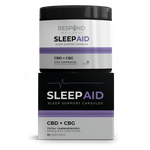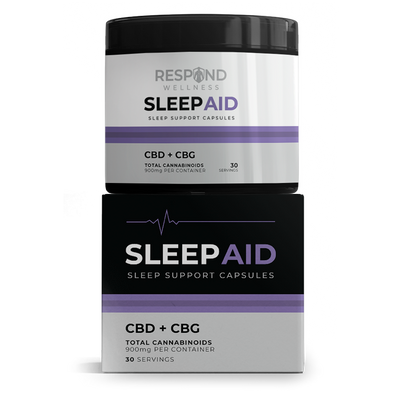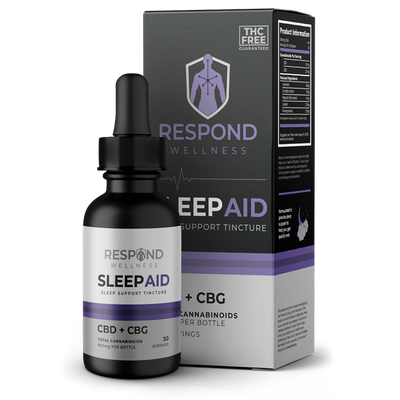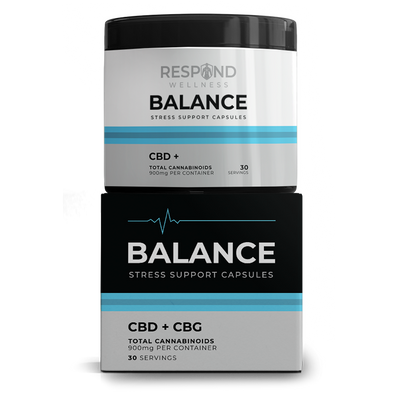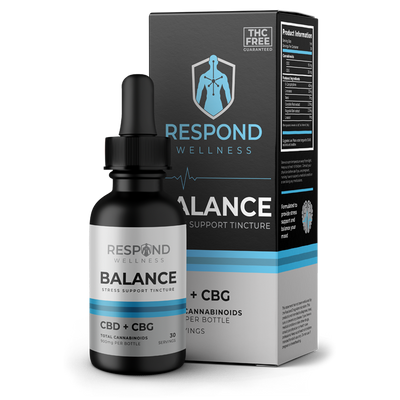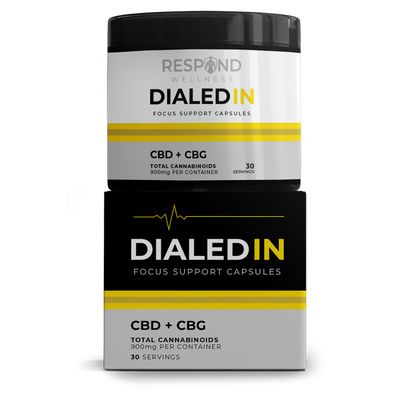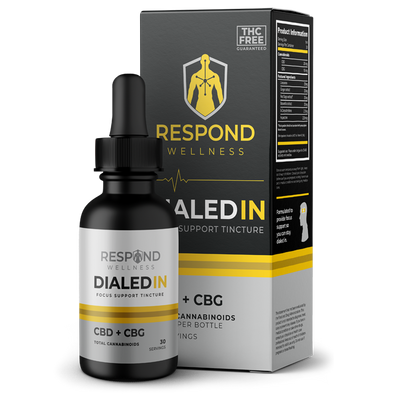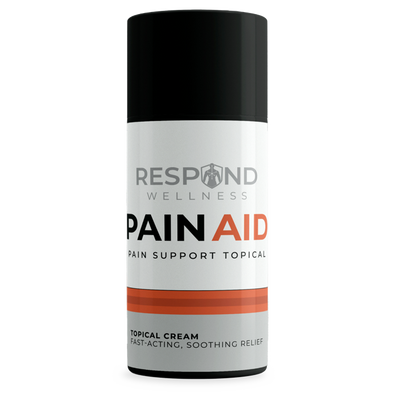You have no items in your shopping cart.

In today’s fast-paced world, poor sleep is common and can lead to various health issues. Research indicates that CBD can enhance serotonin signaling, affect the circadian rhythm, and alleviate issues like pain and PTSD that interfere with sleep. Choosing the right CBD product, considering factors like dosage, timing, and quality, is essential for maximizing its sleep benefits.
In our fast-paced world, quality sleep often takes a backseat. We’re all familiar with the consequences of poor sleep—irritability, lack of focus, and even compromised immune function. As people seek natural remedies to enhance their sleep quality, CBD (cannabidiol) has emerged as a promising solution. But what exactly is CBD, and how does it impact sleep? Let's delve into the science and benefits of CBD for a better night's rest.

What is CBD?
CBD is a non-psychoactive compound found in the cannabis plant. Unlike THC (tetrahydrocannabinol), which is known for its psychoactive effects, CBD does not induce a "high." Instead, it interacts with the body’s endocannabinoid system (ECS), a complex network of receptors and neurotransmitters that regulate various physiological processes, including sleep.
How CBD Affects Sleep
1. Promoting Relaxation
One of the primary ways CBD supports sleep is through its calming effect. CBD interacts with serotonin receptors in the brain, which play a crucial role in regulating mood and anxiety. By enhancing serotonin signaling, CBD can help reduce anxiety and stress—two common culprits of sleep disturbances.
2. Regulating Sleep Patterns
Research suggests that CBD may influence sleep cycles. Specifically, CBD has been shown to impact the body’s circadian rhythm, the internal clock that governs sleep-wake cycles. Some studies indicate that CBD can help shift sleep patterns to promote more consistent and restful sleep, particularly in individuals suffering from insomnia or irregular sleep schedules.
3. Reducing Sleep Disruptions
CBD might also help reduce sleep disruptions caused by conditions such as pain or PTSD. For instance, studies have shown that CBD can have analgesic (pain-relieving) properties, which may help alleviate discomfort that disrupts sleep. Similarly, its calming effects can help mitigate nightmares or flashbacks associated with PTSD, thereby improving overall sleep quality.
Scientific Insights: What the Research Says
1. Insomnia and Sleep Disorders
A study published in Frontiers in Pharmacology found that CBD significantly improved sleep scores in individuals with insomnia. Participants reported increased sleep duration and decreased nighttime awakenings after using CBD.
2. Anxiety and Stress
Another study in The Permanente Journal revealed that CBD reduced anxiety scores in 79.2% of participants and improved sleep scores in 66.7% of participants. This underscores the dual benefit of CBD for both anxiety and sleep disturbances.
3. Sleep Cycle Regulation
Research in Current Psychiatry Reports highlights that CBD might affect the endocannabinoid system in a way that regulates sleep cycles, promoting a more balanced sleep-wake rhythm.
Choosing the Right CBD Product
When selecting a CBD product for sleep, consider the following:
1. Full-Spectrum vs. Isolate
Full-spectrum CBD includes a range of cannabinoids and terpenes that work together to enhance the therapeutic effects of CBD. However, if you want to avoid THC, CBD isolate (pure CBD with no other cannabinoids) might be a better choice.
2. Dosage and Timing
Finding the right dosage can be a process of trial and error. Start with a low dose and gradually increase until you find what works best for you. Additionally, taking CBD 30 minutes to an hour before bedtime can help optimize its effects.
3. Quality Matters
Choose products from reputable brands that provide third-party lab testing, such as every product here at Respond Wellness, to ensure purity and potency. Look for products with clear labeling and transparent ingredient lists.
Conclusion
CBD holds promise as a natural remedy for enhancing sleep quality. By promoting relaxation, regulating sleep patterns, and reducing sleep disruptions, CBD can help individuals achieve more restful and restorative sleep. As with any supplement, it’s essential to approach CBD with informed expectations and consult with a healthcare professional, especially if you have underlying health conditions or are taking other medications.
As research continues to evolve, CBD could become an even more integral part of our approach to better sleep. For now, it stands as a hopeful option for those seeking a natural aid in their quest for a good night’s sleep.






